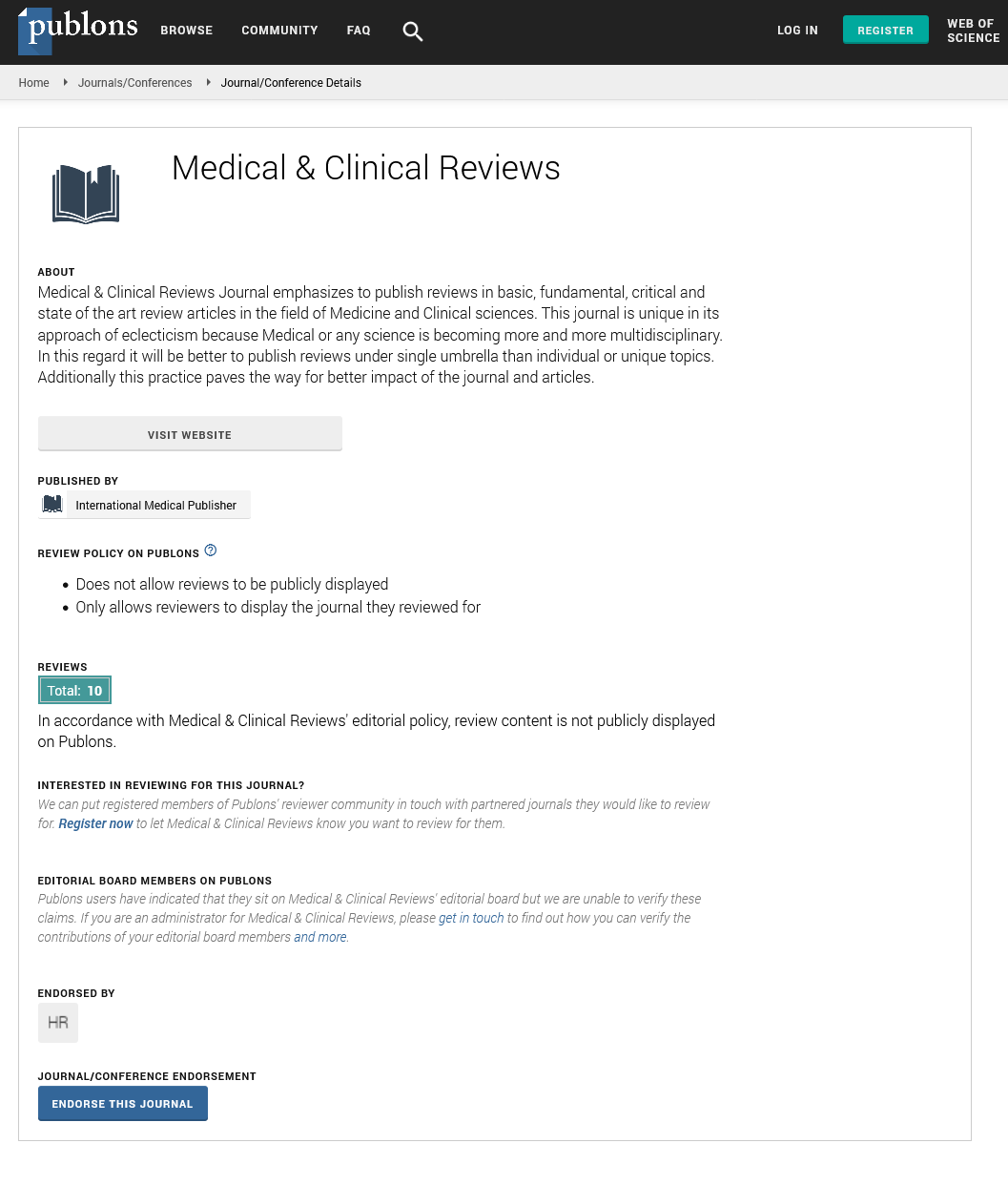Abstract
Gastric Adenocarcinoma with Mixed Histology in a 29-Year-Old Patient
The gastric carcinoma is one of the three primary malignant gastric neoplasms. Sorted by Lauren as, the intestinal type adenocarcinoma (53%) which is frequent in elderly and males (2:1), the diffuse type gastric adenocarcinoma (33%) with a higher incidence in women between 30 and 40 years old; they are voluminous, aggressive and have a poor prognosis. Finally, the poorly differentiated or mixed gastric adenocarcinoma (14%) which is frequent in elderly and male patients. We present the case of a 29-year-old female patient from the city of Catacamas, Olancho, Honduras. Initially attended by a general practitioner with symptoms of epigastric burning pain treated as gastritis. Later on, the symptoms were exacerbated and accompanied by gastroesophageal reflux, gastric fullness, weight loss and sometimes dark feces; according to the anamnesis, the symptoms where presented by at least 6 months. The fact of having no history of malignancy in the family is included in the clinic history. Weeks later, she was examined by an internist in the same city, who referred her to “Clínica y Hospital Tróchez Montalván” in Juticalpa, Olancho, Honduras for upper tract endoscopy. The upper tract endoscopy revealed: diffuse, friable and stony tumor lesion covering a portion of the gastric body and the whole pylorus with thickening in its walls. Histopathology confirmed gastric adenocarcinoma of intestinal type, poorly ulcerated, focal areas with signet ring cells and infestation by fungal structures, Candida albicans compatible. The enzymatic and histological tests for Helicobacter pylori was reported negative. The patient relatives decided to take her for treatment to the Hospital Emma Romero de Callejas with chemotherapy. At this hospital she received one dose of chemotherapy and palliative care. The patient died one month later after being diagnosed. It is due to late diagnosis of such an aggressive disease as gastric cancer that brings awareness to people who have gastrointestinal symptoms to look for healthcare and alert health practitioners to diagnose and treat promptly, avoiding its development to a metaplastic aggression.
Author(s):
Zelaya KAT, Maradiaga JJM, Pastor AT and Avila LHI
Abstract | Full-Text | PDF
Share this

Google scholar citation report
Citations : 906
Medical & Clinical Reviews received 906 citations as per google scholar report
Medical & Clinical Reviews peer review process verified at publons
Abstracted/Indexed in
- Google Scholar
- China National Knowledge Infrastructure (CNKI)
- Directory of Research Journal Indexing (DRJI)
- WorldCat
- Publons
- Secret Search Engine Labs
Open Access Journals
- Aquaculture & Veterinary Science
- Chemistry & Chemical Sciences
- Clinical Sciences
- Engineering
- General Science
- Genetics & Molecular Biology
- Health Care & Nursing
- Immunology & Microbiology
- Materials Science
- Mathematics & Physics
- Medical Sciences
- Neurology & Psychiatry
- Oncology & Cancer Science
- Pharmaceutical Sciences


